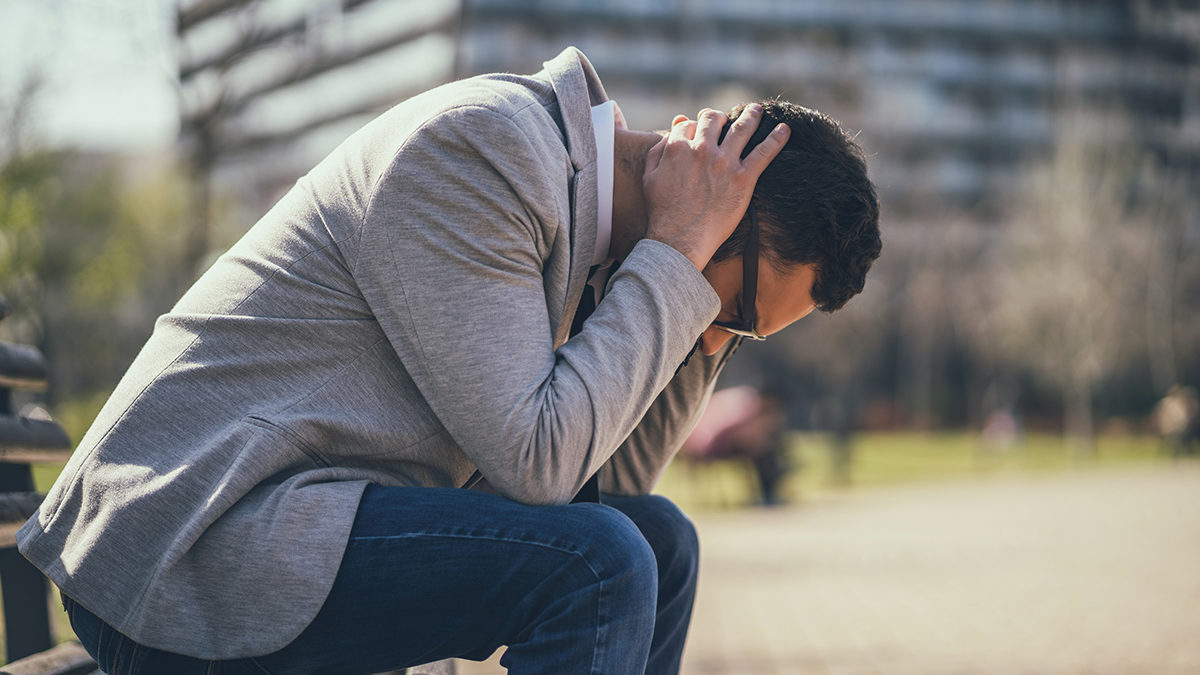

It’s important to note that one of the criteria for panic disorder is that the panic attacks don’t have a known trigger.

For some people, the fear of having a panic attack is often enough to trigger one. For example, someone with trypanophobia (intense fear of needles) may experience a panic attack if they have to get their blood drawn for a medical test. But people who have a phobia can experience phobia-related triggers that lead to a panic attack. There’s often no specific trigger for panic attacks. ACEs can contribute to the development of panic attacks and panic disorder. These experiences are usually traumatic events.

You have a 40% increased risk of developing panic disorder if one of your first-degree relatives (biological siblings, children or parents) has the condition. A family history: Anxiety disorders, including panic disorder, often run in families.Your risk of having panic disorder increases if you have: They also think chemical imbalances in gamma-aminobutyric acid (GABA), cortisol and serotonin may play a large role. Researchers think that dysfunction of your amygdala - the part of your brain that processes fear and other emotions - may be at the root of these conditions. Your brain and nervous system play key roles in how you perceive and handle fear and anxiety. What causes panic attacks?Įxperts don’t know exactly why some people experience panic attacks or develop panic disorder. But some people have reported attacks lasting up to an hour. Panic attacks usually last 5 to 20 minutes. They can give you an official diagnosis and ensure there’s no underlying physical cause. If you’ve had symptoms of a panic attack, it’s important to see a healthcare provider. Panic attacks are very unpleasant and can be frightening. Derealization (feelings of unreality) or depersonalization (feeling detached from yourself).Tingling or numbness in your fingers or toes.Difficulty breathing, such as hyperventilation.Physical symptoms of a panic attack include: Symptoms usually peak within 10 minutes after it starts and then disappear soon after. What are the symptoms of a panic attack?Ī panic attack happens suddenly.

People assigned female at birth (AFAB) are two times more likely to have panic disorder than people assigned male at birth (AMAB).Ī panic attack happens suddenly. Every year, up to 11% of people in the United States experience a panic attack.Īpproximately 2% to 3% of people in the U.S. Not everyone who experiences a panic attack develops panic disorder. There’s often not a specific trigger for them. A main feature of panic disorder is that the attacks usually happen without warning and aren’t due to another mental health or physical condition. Panic disorder is an anxiety disorder that involves multiple unexpected panic attacks. But these symptoms are generally less intense and last longer than a panic attack, which has very intense but brief symptoms. In contrast, panic attacks typically happen unexpectedly and suddenly.Īnxiety often causes physical symptoms, such as a racing heart or knots in your stomach. The main difference is that certain stressors often trigger anxiety attacks, and they may build up gradually. What’s the difference between a panic attack and an anxiety attack? While panic attacks by themselves aren’t dangerous or harmful to your health, frequent attacks can lead to a decrease in your quality of life and other issues. Trauma- and stressor-related disorders.But they can happen alongside other conditions, such as: Panic attacks are the main feature of panic disorder. It may feel like you’re having a heart attack. When you’re having a panic attack, you may sweat a lot, have difficulty breathing and feel like your heart’s racing. A panic attack causes sudden, temporary feelings of fear and strong physical reactions in response to ordinary, nonthreatening situations.


 0 kommentar(er)
0 kommentar(er)
